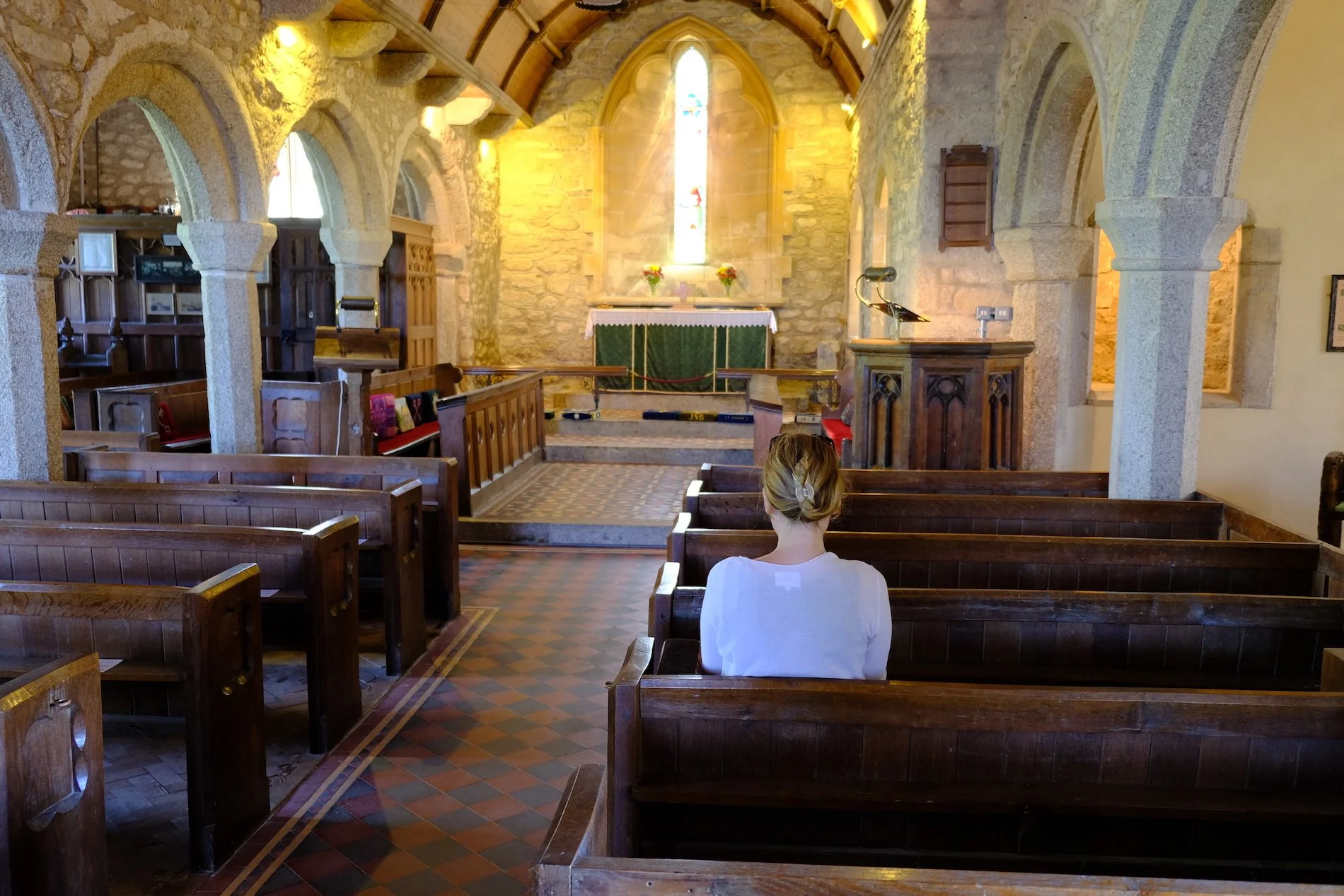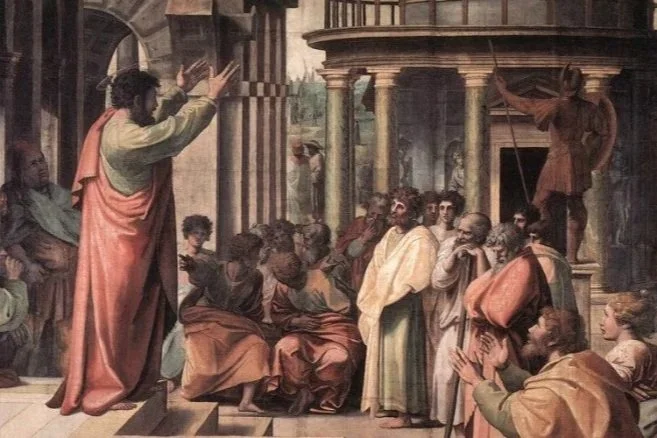Waiting for God's Power
On one occasion, while he was eating with them, he gave them this command: “Do not leave Jerusalem, but wait for the gift my Father promised, which you have heard me speak about. For John baptized with water, but in a few days you will be baptized with the Holy Spirit.” Then they gathered around him and asked him, “Lord, are you at this time going to restore the kingdom to Israel?” He said to them: “It is not for you to know the times or dates the Father has set by his own authority. But you will receive power when the Holy Spirit comes on you; and you will be my witnesses in Jerusalem, and in all Judea and Samaria, and to the ends of the earth” (Acts 1:4-8, NIV)
After rising from the dead, Jesus appeared to his disciples for 40 days, and he spoke to them about the kingdom of God. Further, he commanded them not to leave Jerusalem, but to wait for the promise of the Father, which, he said, “you heard from me” (vv. 3c-4). In that context, the disciples asked: “Lord, will you restore the kingdom to Israel at this time?” (v. 6c) In his response, Jesus does three things:
First, he implicitly disconnects the political destiny of Israel from the spiritual kingdom that He was inaugurating. Clearly, the disciples had expectations regarding a political restoration of the kingdom of Israel. The mother of the sons of Zebedee had said to Jesus: “Command that in your kingdom these two sons of mine sit, one at your right and the other at your left,” (Matthew 20:21). They spoke of an earthly kingdom. Jesus, though, spoke of a spiritual one, and there was no connection between one and the other (John 18:36).
Second, he claims the sovereignty of the Father over times and decisive moments (the Greek word kairos). Jesus calls his disciples to trust God’s eternal purposes and timing: "It is not for you to know the times or dates the Father has set by his own authority."
Third, he commands them to await in Jerusalem the arrival of the Holy Spirit who will provide them with power to be witnesses. This is the main idea of the paragraph. Indeed, the disciples waited. It was a time of recollection, prayer, devotion, and spiritual preparation. Above all, it was a time to understand that the success of evangelization does not depend on human ability, but on the power of God. When the Spirit finally arrived (Acts 2), the disciples seemingly no longer had doubts, and there were no limits to what they could do. They spoke in tongues, explained Old Testament messianic prophecies, called people to repentance, baptized thousands, healed the sick, and preached boldly. As a result, the church grew in Jerusalem and overflowed to the Samaritans and Gentiles, like a swollen river. The presence of the Spirit made all the difference. One can divide the ministry of the apostles into two stages: before the arrival of the Spirit and after the arrival of the Spirit.
The Spirit provided encouragement, direction, and wisdom. The boldness and power with which the disciples preached Christ after Pentecost can only be explained by the presence of the Spirit of God in their lives: “When they saw the courage of Peter and John and realized that they were unschooled, ordinary men, they were astonished and they took note that these men had been with Jesus” (Acts 4:13). “After they prayed, the place where they were meeting was shaken. And they were all filled with the Holy Spirit and spoke the word of God boldly” (Acts 4:31).
When the church fails in its efforts to preach the gospel and make disciples for Christ, it is because it rushes—because it does not wait sufficiently. Hasty appointments of leaders not suitable for the entrusted tasks, makeshift work programs without sufficient praying and field research, and baptisms of people not ready to make a commitment with Christ are just a few frequent examples of rushing without the aid of the Spirit.
In Romans 8:26a, Paul stretches the Greek language to express the dependence of the church on the Spirit: “And likewise the Spirit helps us in our weakness.” The expression “helps us” is a translation of the verb sunantilambanomai (sun, with; anti, against; lambanomai, to take). In his commentary on the Greek text of the New Testament, A.T. Robertson defines this verb as “to lend a hand, at the same time with one.”[1] We can visualize Robertson’s definition by thinking of two people who lift something—a heavy board, for example—at each of its ends, facing each other to move it from one place to another. The Amplified Bible, Classic Edition (AMPC) makes a good translation effort here by saying, "the (Holy) Spirit comes to our aid and bears us up in our weakness."
Without the Spirit, the early church could do nothing. Neither can we.
1. Archibald Thomas Robertson, Word Pictures in the New Testament, vol. IV (Grand Rapids, MI: Baker Book House, 1931), 376.







